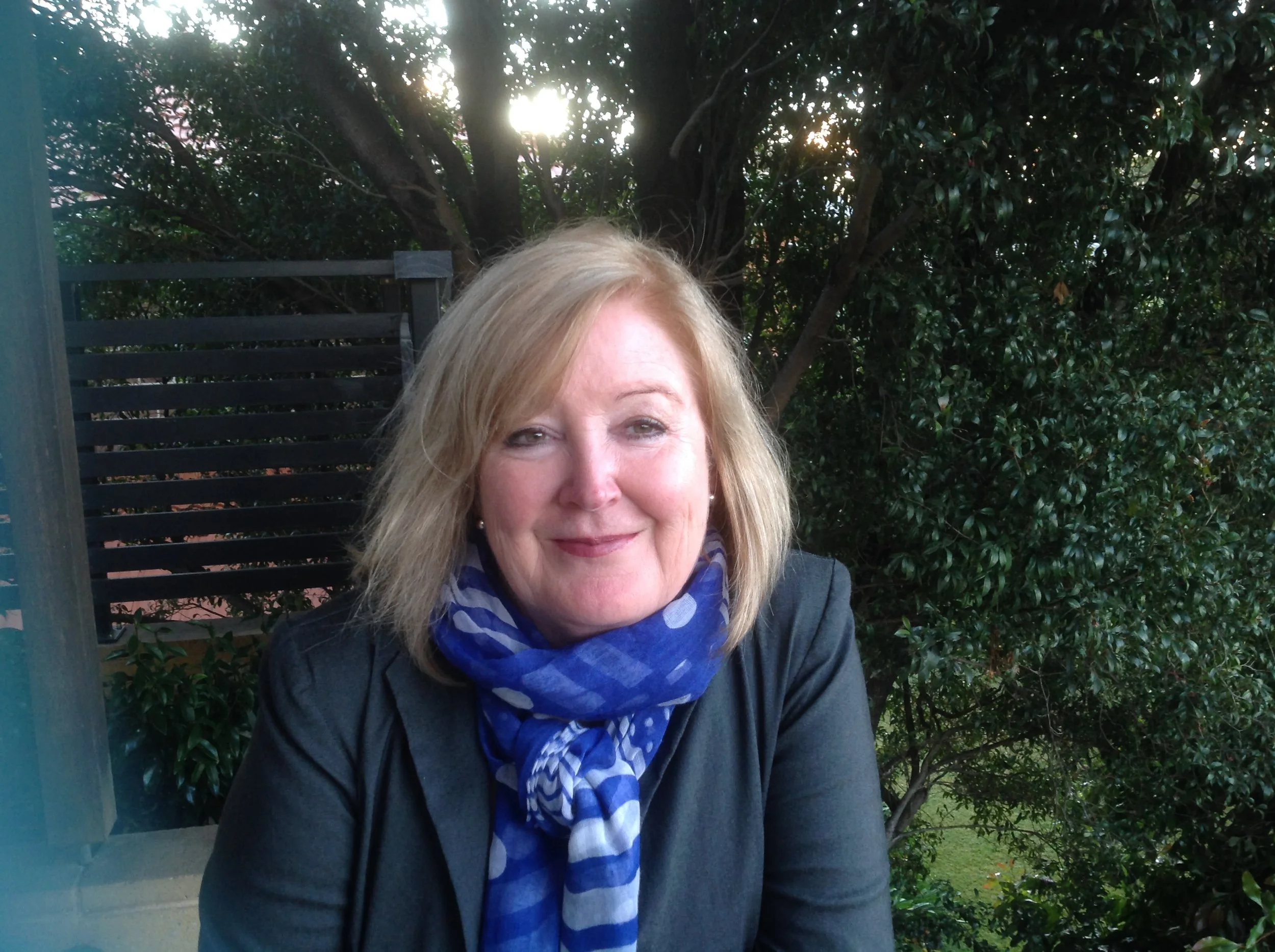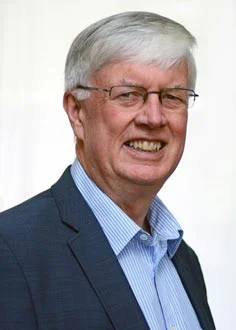
You can call us on 0402 014 030
Mediators for Elders
We are trained elder mediators who understand the issues faced by elder persons and their families. Importantly, we understand and appreciate that elder mediation differs from classic mediations.
We work with the elder person, family members and any other significant persons or organisation to develop a process that is flexible and tailored to meet their needs. Our role is then, as mediators, to facilitate discussions between all parties to ensure that everyone is heard, all options are considered and a plan developed to achieve the best possible outcomes.
Elder Mediation - What is it?
Elder Mediation is a unique type of mediation specifically designed for elder people and their families which uses a non-adversarial /co-operative approach to resolving conflict in order to manage difficult family conversations or to make important family-related decisions.
Many families have found elder mediation to be a helpful way which enables everyone to participate in and reach agreement on a plan to resolve their issues.
Elder mediation differs from general mediation by putting the emphasis on the needs and concerns of the elder person while taking into account the concerns of the family.
It is a specialised form of mediation that provides a framework that protects the rights, safety and interests of the elder people and their families. It is conducted by specifically trained mediators who have an understanding of the issues which are unique to elder people and the areas of concern that arise later in life for both the elder person and their concerned family members.
As trained elder mediators we bring a unique balance of compassion, sensitivity and objectivity to enable the family members to deal with the issues and make wise decisions collectively.
The attendees at an elder mediation may include any person who is either affected by or can contribute to a decision involving an older person. Attendees may therefore include the older person and/or a support person, both immediate and extended family members, and significant other persons such as carers, nursing home or hospital staff, and medical and other allied health professionals.
The Benefits
Elder mediation benefits elders, their families and others in a number of unique ways depending upon the individuals and the issues involved in the situation. For example, elder mediation:
- Allows families to create workable and mutually acceptable solutions to their difficult disputes
- Enables families to develop communication strategies to enable them to successfully work together to make important decisions in the future
- Ensures respect for the elder’s dignity and rights
- Helps maintain, improve and even restore family relationships
- Avoids potentially costly and time-consuming litigation
- Usually results in a higher degree of satisfaction with the outcome of the mediation compared to a court/tribunal decision
- Can assist the elder person and family deal constructively with organisations or persons providing assistance for elder person
- Provides a forum for difficult family discussions around issues like best residential care for Elders and other family concerns such as estate planning
Our Services
We provide elder mediations which are flexible and tailored to meet the needs of the older person and the needs of the other family participants.
Typically, there are two phases to elder mediations:
Phase 1 -Preliminary Preparation
During this phase, we meet and speak individually to each of the participants in the elder mediation process. During this meeting, we explain our role and the elder mediation process and address any concerns raised by the participants.
We also assist each participant to reflect on the current situation, identify issues for the mediation, and start to think of potential solutions to these issues.
We also work with the participants to structure the discussions in a way that takes into account the elder person’s and family’s needs. For example, the schedule and format of group meetings may need to take into account specific needs of the elder person and family members.
Phase 2 – Group Meeting
During this phase all the parties meet together as a group to raise and discuss the issues identified during Phase 1 and then to work together on a plan to resolve all the matters of concern to the elder person.
The mediator usually also acts as a facilitator between the various parties to ensure that all the parties involved are heard and understood and also that all the options are reviewed and discussed to enable the parties to achieve outcomes and agree to a plan for the future.
The decisions, plans and agreements which form the outcomes of the elder mediation are made by those who are directly affected by the situation - not the mediator.
Co-mediation
Co-mediation involves having two (or more) mediators work together as a team. When conducting elder mediations, our preferred approach is co-mediation as it has a number of significant benefits to the parties involved in the mediations. For example:
The mediation team can represent the parties’ diverse characteristics (e.g. male/female, diverse backgrounds, older/younger, etc.) while working together to complement each other
Each party is more likely to have a feeling of trust and respect for at least one of the two mediators
The parties have the advantage of the combined skills, expertise and knowledge of two mediators, whose skills usually enhance and complement each other
Physically, two pairs of eyes and ears can be better than one set. This can allow the mediators to absorb not just the verbal communication from the parties involved, but to take it in turns to assess some of the non-verbal reactions to help bring the parties to common ground.
Our Elder Mediators
Contact Us
Please email us at mediatorsforelders@bridgemediation.com.au or fill in this form and we will respond back to you.
You can also call us on 0402 014 030
Address
1/200 Alison Rd
Randwick NSW 2031
Frequently Asked Questions
Do you use a Mediation Agreement?
Mediators for Elders uses an industry standard mediation agreement tailored to meet the elder mediation process to deliver our mediation services.
Some of the key aspects of this agreement include the following:
Participants agree to work with the co-mediators and negotiate in good faith to reach agreed outcomes
Participants agree to communicate appropriately and respect all the parties present in the mediation
All discussions and information presented during the mediation are Confidential and Private.
We provide all the parties involved in the elder mediation process with a mediation agreement for their review and approval prior starting the elder mediation process.
How long does it take to reach an outcome?
Mediators for Elders work with all the family members to develop a timetable to complete all the activities required in an acceptable time period.
What is the Cost of Elder Mediation?
Mediators for Elders professional services are delivered and based on a time and materials basis in accordance with the mediation agreement.
The estimated cost is calculated using on our standard elder mediation hour rate and our estimate of the time required to complete each phase of the elder mediation process. A full disclosure is available prior to commencement of mediation.
All costs associated with the mediation (room hire, etc.) will be rebilled at cost.
The standard practice with all mediations is for the total estimated cost to be split equally between all the parties and prepaid prior to the start of the mediation.
At the conclusion of the elder mediation process the actual time and cost is reconciled with the estimated time and cost. We will refund any overpayment back to the parties or invoice any shortfall to the parties for payment to us.












